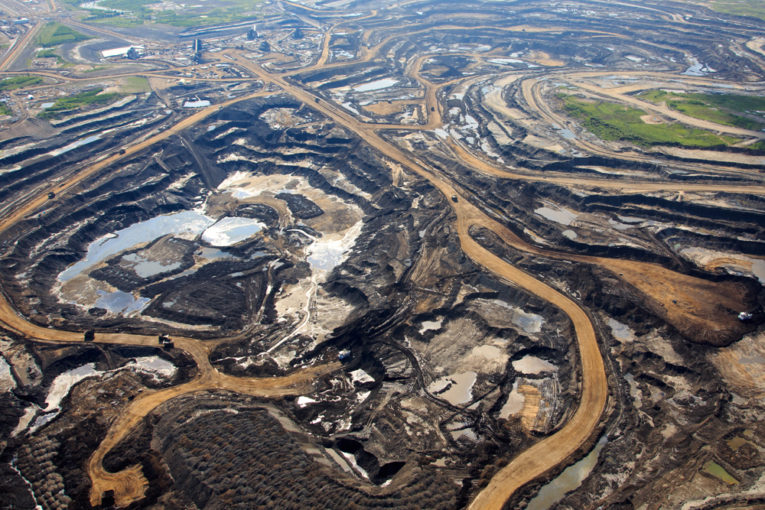
CALGARY – The Canadian oil and gas industry estimates it will pay $25 billion over the next 10 years to comply with federal and provincial climate change policies and is asking the federal and provincial governments to reconsider a few “duplicative” regulations.
In a report released Tuesday, the Canadian Association of Petroleum Producers says the country’s new emissions regulations are driving up costs for domestic oil and gas producers, which is causing investment to leave the country for jurisdictions that are doing less to reduce emissions.
CAPP puts the cost to the industry at $25 billion for the next 10 years and its report said the regulations are having “serious unintended consequences” for the industry and jobs.
A debate about the Canadian energy industry’s competitiveness in the face of increasingly stringent environmental regulations has intensified in recent months, especially as governments move forward with placing limits on methane emissions and as the price of carbon emissions is projected to rise.
As a result, CAPP’s report — the third in a series of seven — contains a series of requests for governments ranging from big asks, like the immediate deductibility of expenses related to reducing emissions, to more specific requests about targeted regulations, including a request for oil and gas companies to be allowed to use more carbon offsets.
“Investment in Canada’s energy industry — and jobs for Canadians — will continue to leave for other jurisdictions unless there are changes to regulatory policies that enable growth,” CAPP president and CEO Tim McMillan said in a release.
He said domestic oil and gas companies support meeting environmental goals, but governments need to take into account the extra burden of added costs or activity will just move to places with lower standards, in a phenomenon CAPP calls “carbon leakage.”
On methane emissions, the country’s largest oil and gas industry group says reducing methane is “a critical step for meaningful action on climate change” but local oil and gas players are subjected to tighter regulations than direct competitors in the U.S.
In Canada, new methane regulations will target both new and existing natural gas facilities. In the U.S., only new facilities will be subjected to methane reduction targets and old facilities will be grandfathered.
Methane is a more potent greenhouse gas than carbon dioxide, but is also less abundant in the atmosphere, according to NASA.
“Canada is being a leader and is the first jurisdiction to implement methane regulations for both new and existing facilities and this should be applauded,” Pembina Institute interim federal policy director Isabelle Turcotte said.
She said that methane regulations are still being developed in Alberta, and so it’s too early to tell how stringent these new regulations will be for the oil and gas industry.
She also said that methane can be a valuable commodity, and so there could be an economic benefit for capturing and using it.
“Reducing methane emissions makes good sense because it’s a wasted resource. The leaks and the vented methane is a cost because ultimately it’s a product and there are very cost-effective ways of catching those emissions,” she said.
Turcotte added that Canada cannot meet its obligations under the Paris agreement on climate change by granting large exemptions on methane reduction limits, and that Canada will be challenged to meet those commitments given current regulations.
But McMillan said in an interview that there are costs to Canada being a leader on methane emissions and is calling on governments to avoid “duplicative” policies.
“When you’re out in front of everyone else you have to be smart and you can’t be duplicative or you’ll see carbon leakage,” he said, referring to the movement of oil and gas investments to jurisdictions with lower standards.
McMillan stopped short of saying Canada’s methane regulations should only be applied to new facilities, but he said the difference in costs between methane regulations in Canada and the U.S. should be considered.
In its report, CAPP praised regulations in Alberta and B.C. that have targeted flaring and venting from natural gas facilities and have resulted in emissions reductions.
Specific oil and gas producers in Calgary, including CAPP members Encana Corp. and Cenovus Energy Inc., have released details of their own initiatives to reduce methane emissions.
Cenovus has said it uses compressed air rather than natural gas in pneumatic pumps to reduce methane emissions, among other initiatives.
• Email:
You can read more of the news on source
